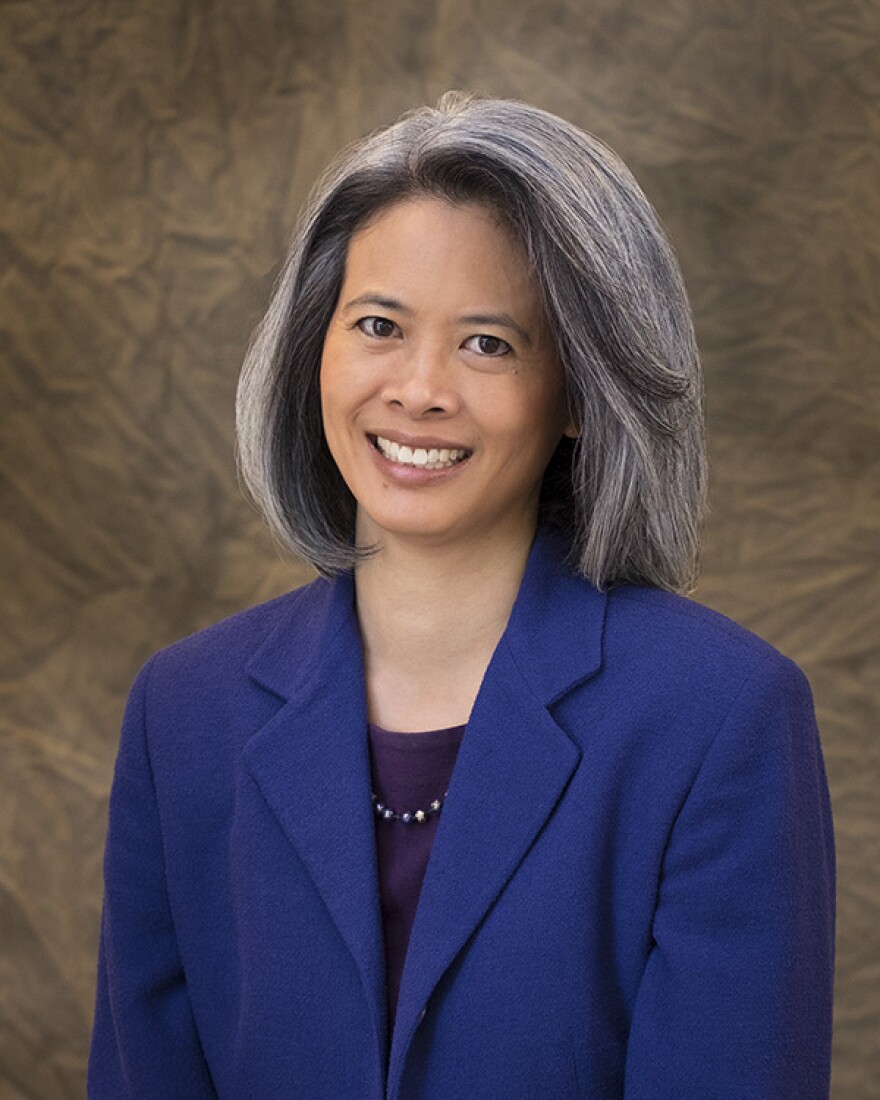Utah voters will decide this election if 44 judges will remain on the bench, but finding information about the state’s jurists hasn’t always been so straightforward.
“It’s difficult for citizens to find out information about judges on their ballots,” admits Jennifer Yim, executive director of the Judicial Performance Evaluation Commission, an independent body that evaluates the state’s judges.

State and justice court judges are subject to a “retention” vote every six years. Formed by the Legislature in 2008, the 13-member bipartisan commission makes recommendations based on a set list of criteria including legal ability, procedural fairness, and integrity and temperament. Those recommendations are then posted on judges.utah.gov.
“You can choose your county and you can see all of the judges who will be up for retention on your ballot, and you can look at as much or little information as you would like to,” said Yim.
The commission’s recommendation is a starting point, said Yim, who encourages voters to read the bio on each judge and aggregate surveys taken by jurors, court staff and attorneys who’ve interacted with the judge.
Utah is one of just six states with a merit-based system for judges instead of contested elections. Yim said this allows them to focus on the law instead of partisan politics.
“So we don’t have our judges taking time out of their jobs to campaign, to make promises on controversial issues that will subsequently perhaps be related to an issue they are asked to decide,” she said.
Yet there are shortcomings to the system, according to critics like columnist Holly Richardson of the Salt Lake Tribune.
“Pretty much every judge gets a positive rating of ‘Yes, let’s retain this judge,’” she said.
Richardson published a column on Monday opposing the retention of 4th District Judge Christine Johnson over what she described as a pattern of leniency in sentencing abusers.
Richardson said while most judges meet the basic job performance standards and have a favorable retention score, it’s harder to find more meaningful information.
“Once you’re appointed and confirmed, you pretty much can be there as long as you want,” said Richardson. “It’s quite difficult to raise enough public awareness about a specific judge.”
Richardson said she prefers Utah’s merit-based system to contested elections, but feels public feedback could play a greater role.
“If people who have been affected by the decisions in judge’s courtrooms, they should be able to have their opinions heard and they should carry some weight,” said Richardson.
According to Yim, about 65-70 percent of Utah voters usually select “yes” to keep the judges in their jurisdiction. And, she points out, the commission does not make determinations on the correctness of a judge’s rulings.
“There are processes available for legally incorrect rulings or judicial misconduct and those are done by investigatory bodies,” she said.
Yim said the commission does take public comment into account as part of its regular performance reviews as well as sending courtroom observers to evaluate each judge.




